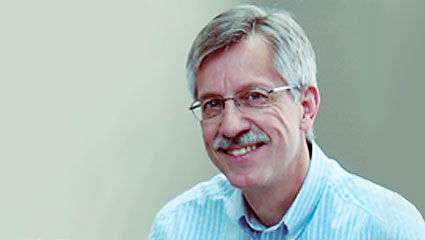Have you ever stepped into the pulpit knowing you’ve got nothing?
That happened to me a couple of weeks ago.
It wasn’t because I ran out of time in a busy week or put it off so long that I was too rushed late on a Saturday night to do a good job. I am too insecure to wait until the last minute; my sermons start early with Thursday being polish day.
There just wasn’t much shine I could put on this one. For some reason the creative juices weren’t flowing, the Holy Spirit wasn’t in a sharing mood, and my energy level had no discernible pulse.
It bothered me all Friday and Saturday as, during the rest of my activities, I kept glancing around for the key that would give me a fresh approach to the text. I never found it.
Going into a pulpit with nothing is a terrible feeling. I didn’t sleep much Saturday night as it became apparent that’s what was going to happen. When I wobbled up to the pulpit, I tried to project the same air of confidence as always. But I was mostly hoping the congregation was in a forgiving mood and would allow that we’re all entitled to an off day.
Following the sermon, a fellow who has never commented on a sermon before, was effusive in his praise.
“This one really hit me,” he said. “Thank you for that.”
I have been on the other end of this business–when I could hardly wait to deliver a sermon that I thought was particularly powerful and inspiring, and then heard crickets afterward.
Proclamation is a fascinating task. I have always been, and will remain, a strong advocate of spending time and effort and study on sermons, using every literary, creative, and rhetorical technique I know to present the message. My lack of confidence in my sermon was a professional judgment. It left me with a queasy feeling, and motivated me to redouble my efforts to make the Word of God accessible to others.
Yet for all that, we are not in complete control of the proclamation. The Holy Spirit is at work in ways that we cannot control or even predict. In that sense, my feeling that I “had nothing” was totally false. Whenever we proclaim the Word, we not only have something, we have a great deal.
I once heard our presiding bishop say that he can sleep at night despite the tremendous pressures of the job by ending the day with a prayer that goes something like: “I’ve done what I can do today. It’s your church, Lord.”
Although my perfectionist instincts regarding writing fight against that attitude, I think it’s the right one for a preacher. “I am going to do everything I can as a preacher. But it’s your Word, Lord. I will rest in confidence that it will not return to you empty.”

